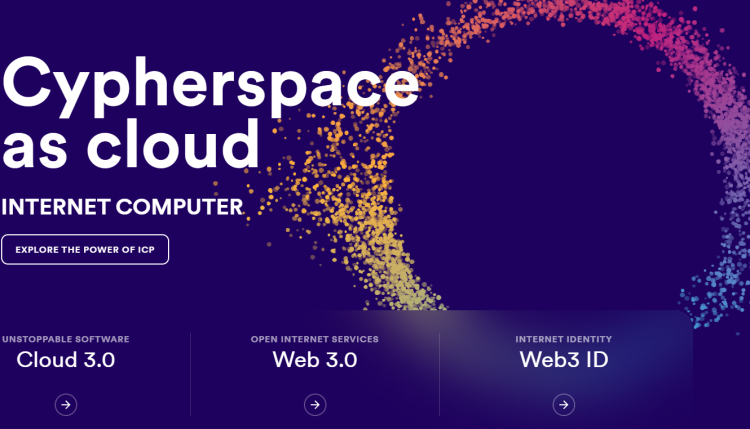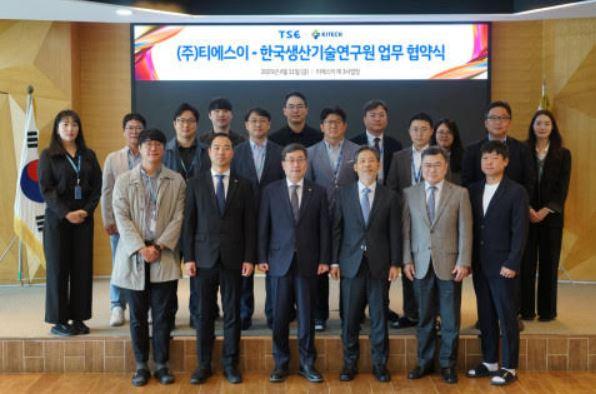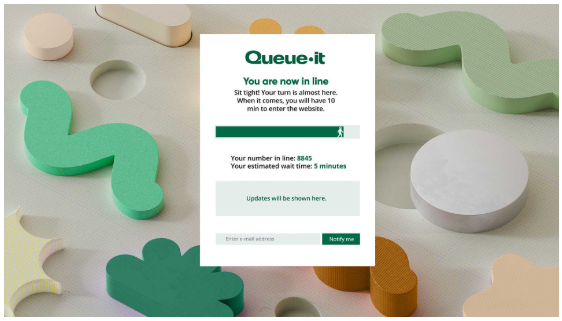Web3 Platforms Successfully Fundraise $15M Without a VC in Sight
ICP’s innovative Service Nervous System (SNS) governance model signifies a paradigm shift in how web3 platforms are funded, managed, and developed

In just a couple of months, projects built on the "Internet Computer" (ICP) — the world’s fastest general-purpose blockchain — have already raised more than $15 million through decentralization swaps based on the ICP Service Nervous System (SNS) community governance model.
Consequently, innovative blockchain platforms like OpenChat ($5.5 million), Kinic (nearly $2 million), Hot or Not ($4.5 million), and others have successfully formed their own SNS-based decentralized autonomous organizations (DAOs) to put the power directly into the hands of their communities — turning regular users into shareholders, directors, and decision-makers.
Community-led fundraising initiatives are becoming increasingly popular in web3, signifying the rising demand for such governance models and a new paradigm shift toward user-centric decision-making. In the future, decentralization swaps are also expected to continue growing in popularity as an inextricable part of the web3 ecosystem, especially in light of "VC funding fizzling out".
As a result of a prolonged — and still ongoing — “crypto winter,” web3 startup funding has decreased by 74% in 2023 compared to the previous year. To remedy the situation, decentralization swaps allow web3 developers to democratize governance of their projects and largely detach themselves from reliance on venture funding, simultaneously becoming independent and empowering their communities. In turn, users that participate in decentralized swaps become founders of these projects.
A SNS is an advanced form of a DAO that can run any web3 app such as a social network in a fully decentralized way, fully on chain. Entrepreneurs can now hand over the control of their Web3 service to an SNS. The community can buy governance tokens to take ownership and control through the SNS DAO and shape the dapp’s future.
In contrast with traditional DAOs that only control smart contract logic, the SNS framework — which is unique to the ICP ecosystem — allows communities to manage a decentralized application (dapp) in its entirety. As such, governance token holders can freely propose and vote on all changes made to a dapp, including code updates. When a community accepts a proposal, the SNS executes it autonomously, allowing for seamless updates without interference from any centralized entity. As a result, such SNS-based DAOs can be developed in the best interest of their communities.
A prime example is OpenChat, an ICP-based decentralized community-governed chat app that has recently raised over $5.5 million (1 million ICP) in just 6 hours of its decentralization swap.
This novel approach not only allows services to raise treasury funds for future development but also makes them significantly more democratic and censorship-resistant. Going forward, OpenChat’s system will be controlled by the holders of its new governance token, CHAT. Meanwhile, the newly raised funds will be held in OpenChat’s DAO treasury, allowing CHAT holders to decide how to best utilize them.
Similarly, Kinic, the world’s first search engine for web3 content, has recently secured more than $2 million (500,000 ICP) to build out its vision of a decentralized “Google of web3.”
As the first web3-native search engine, Kinic is a decentralized answer to Google and other centralized “big tech” platforms, which are known for undermining user data privacy, favoring big established players, and ignoring the emerging world of web3 content. Kinic aims to expand the concept of “don’t be evil” by embodying the philosophy of “can't be evil.” This is achieved by assuring user and data privacy, providing open-source and transparent SEO, and verifiable machine learning and search algorithms — powering a new paradigm in freedom to information access.
"Hot or Not", another IC ecosystem project building a web3 social media platform that combines short videos with prediction markets, has also raised $4.5 million (1 million ICP) via its SNS decentralization swap.
Described by its developers as “TikTok meets DraftKings,” Hot or Not allows users to stake specific amounts of their chosen tokens on short videos, essentially dividing into two camps — those who believe a video will become viral — or “hot” — and those who think “not.” After a 48-hour voting time frame, the clip will be deemed “hot” or “not” based on the prevailing majority of votes.
By handing the power directly to its community, Hot or Not now plans to continue its mission to tackle the issues that have created an unequal ecosystem in traditional social media, especially when it comes to monetization and centralization. By combining the best of social media, gamification, and decentralization to revolutionize the short video social media ecosystem, Hot or Not presents a multi-billion dollar market opportunity that has remained untapped by the existing social media ecosystem — until now.
“The success of SNS decentralization swap conducted by OpenChat, Kinic, Hot or Not, and other ICP-based platforms exemplify a massive shift in how web3 platforms are developed and governed,” said Lomesh Dutta, Vice President of Growth at the DFINITY Foundation. “Unlike traditional corporations where all the power is concentrated in the hands of a single centralized entity, web3 allows entrepreneurs to upend this mindset by making their community members as co-owners making the whole process significantly more fair, inclusive, and democratic.”
Reporter Jim Lee (news@dailycoinews.com)의 기사 더 보기
- Daily Coin News prioritizes the voice from the scene over others(news@dailycoinews.com) -
- 기사에 사용된 모든 자료에 대한 책임은 작성자 본인에게 있습니다 -
[copyrightⓒ 2018 All rights reserved by Daily Coin News]
Leave a Comment
Write As a Reporter




Coin 시황



















